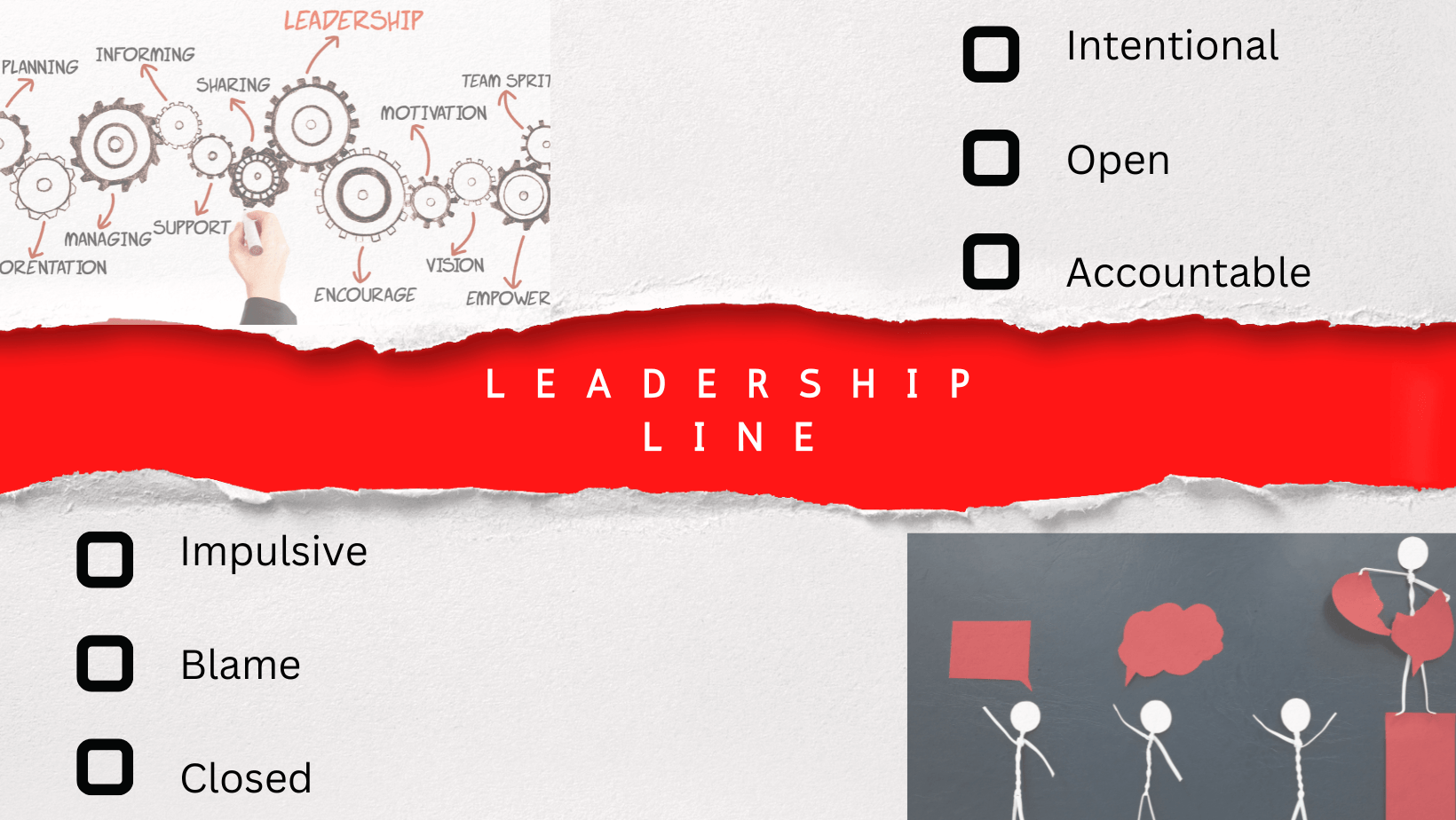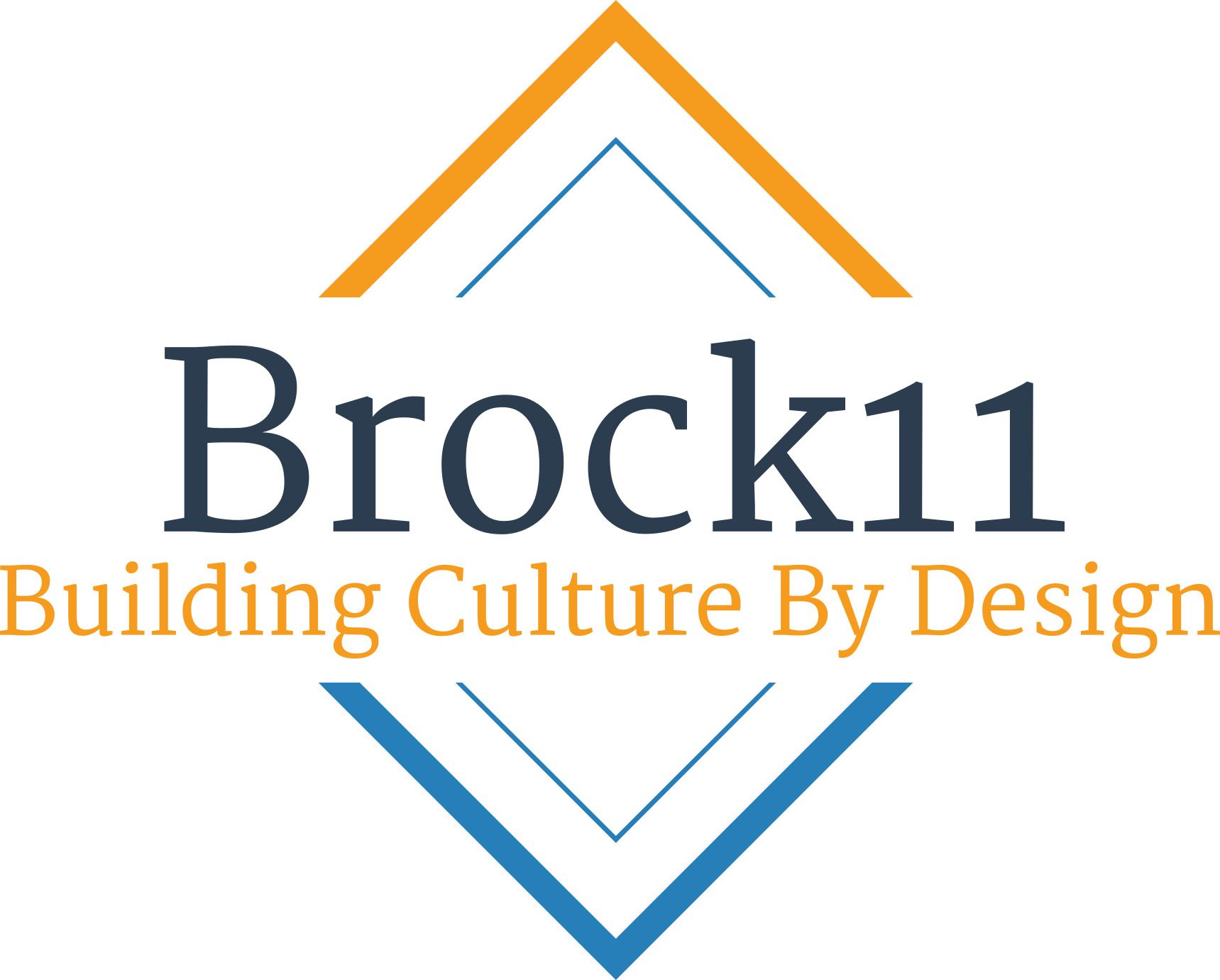The Crucial Role of Time Commitment for Hiring Managers in Recruitment ⏰
In the world of talent acquisition, hiring managers are akin to the conductors of an orchestra, guiding the harmony of recruitment efforts. Their role is multifaceted, extending beyond conducting interviews and making job offers. One key element that often gets overlooked but is absolutely critical is the time commitment a hiring manager must make to the recruitment process. In this blog post, we'll explore why dedicating time to recruiting is not just a preference but a necessity, and the far-reaching consequences when this commitment is neglected.
🔍 Defining the Position and Requirements - The Foundation of Recruitment:
At the heart of successful recruitment is the precise definition of the open position's scope, responsibilities, and requirements. This crucial step demands the unwavering time and attention of hiring managers. Failure to allocate the necessary time can result in vague job descriptions, leading to confusion among candidates and a potential mismatch between expectations and reality.
📄 Creating a Compelling Job Description - The First Impression:
A well-crafted job description is the initial interaction a candidate has with your organization. Hiring managers, along with HR, must invest time in creating descriptions that not only attract suitable candidates but also convey the essence of your company culture. Neglecting this step may result in job postings that fail to inspire or accurately represent your workplace.
🎯 Identifying Top Talent - A Continuous Effort:
The search for top talent is an ongoing endeavor. Hiring managers should actively participate in candidate sourcing, tapping into their networks, attending industry events, and collaborating with HR and recruitment partners. The time invested here ensures a diverse pool of candidates who align with your organization's goals.
📃 Initial Sourcing and Applicant Screening - The First Filter:
Hiring managers in partnership with HR often oversee the initial screening of resumes and applications, a process demanding meticulous attention to detail and time. However, with the demands of their roles constantly evolving, hiring managers and HR teams may find themselves stretched thin. This is where the strategic move to outsource this task to a reputable placement firm like Brock11 comes into play. By partnering with a strategic placement firm, hiring managers can save precious time and resources, allowing them to focus on revenue generating activities. This approach ensures that the screening process is efficiently and effectively managed by professionals who specialize in identifying the right candidates, allowing hiring managers and HR teams to focus on other critical aspects of the recruitment process, such as assessing cultural fit and conducting final interviews with highly qualified candidates.
🗣️ Conducting Final Interviews - The Crucial Dialogue:
Interviews are the core of the hiring process. Effective interviews require time for preparation, thoughtful question development, and engagement with the candidate. Insufficient time investment may result in hasty decisions, overlooking critical skills, or failing to assess cultural fit accurately. It is critical that hiring managers come to interviews extremely prepared. Understanding the most important information you need to have about each applicant and having detailed questions will ensure this process is not only efficient but effective. Interviews will often go off script from prepared questions, this is a good thing, and you should prepare for it. This is when you really can dig deeper into not only candidate qualifications, but also their motivations. Having prepared questions will help you to bring the interview back to center ensuring you cover all the important areas you have outlined.
❤️🏢 Assessing Cultural Fit - The Heart of Your Company:
A company's culture is its lifeblood. Hiring managers must dedicate time to assess candidates' alignment with this culture. The most qualified candidates often times are not successful in a culture that does not align with them. Rushed decisions may inadvertently introduce individuals whose values and work styles clash with the existing team, potentially disrupting harmony and cohesion. Often companies will have some overarching cultural characteristics, and each department will have a culture that aligns with their specific department. Ensuring candidates have a good cohesion with both is essential.
📈 Decision-Making and Offer Extension - The Final Step:
The final decision-making process is where hiring managers' time commitment is most apparent. Rushed decisions, delayed feedback, or lack of follow-through can frustrate candidates, causing them to lose interest or seek opportunities elsewhere. Such hiccups can tarnish your employer brand and company culture.
🚀 Onboarding and Integration - Setting the Tone:
Once candidates accept offers, it's imperative that hiring managers allocate time for structured onboarding and integration. Neglecting this phase can lead to confusion, poor integration, and even early attrition, harming both the individual and the company culture. While your company may have a well-defined onboarding process managed by HR and Training teams, its very important that hiring managers play an active role in onboarding.
📣 Providing Continuous Feedback - Nurturing Growth:
Time spent providing constructive feedback and support to new hires is an investment in their long-term success. Lack of such commitment may lead to disengagement, misunderstandings, and ultimately, employee turnover. Ensuring that leadership teams are trained on giving feedback, constructively, effectively and efficiently is a good investment for any company.
📊 Measuring Success - Continuous Improvement:
Regularly evaluating the recruitment process is essential. HR teams and Hiring managers must find time to assess the effectiveness of their strategies and make necessary improvements to ensure long-term success and a healthy company culture.
Conclusion:
In the world of recruitment, time commitment from hiring managers is not just a choice; it's imperative. Neglecting this commitment can lead to candidates falling through the cracks, tarnishing your company's image, and undermining your culture by design. By recognizing the pivotal role of time in the recruitment process, hiring managers can contribute significantly to building a strong, thriving workforce, ultimately driving their organization's success while fostering a positive company culture that attracts and retains top talent.
If you find any of the topics in this blog post to be a challenge in your workplace, Brock11 is here to help! We can take things off your plate, anything from sourcing and screening candidates to writing job descriptions and conducting pre-employment testing, freeing up your precious time. We are skilled in developing and training leadership teams and hiring managers on conducting interviews, developing onboarding plans and giving valuable feedback to your employees.
Brock11 Blog












